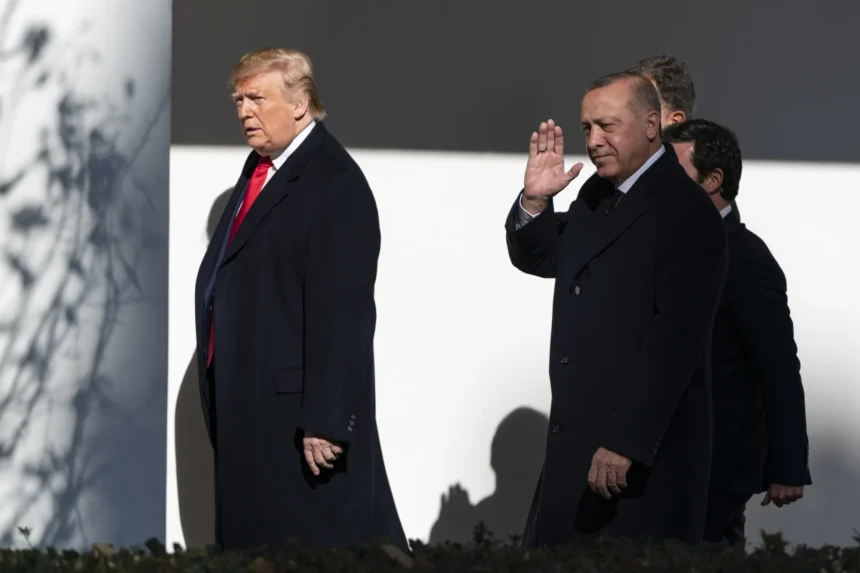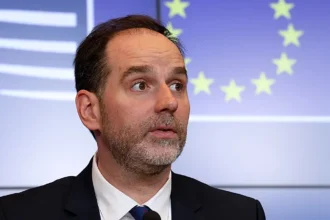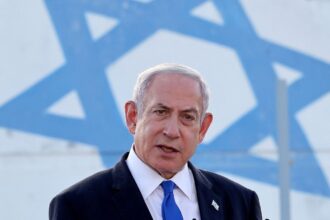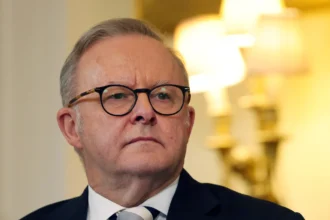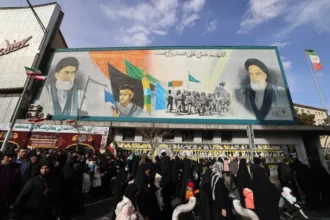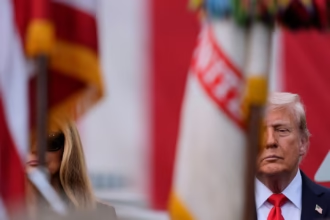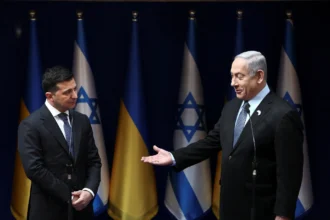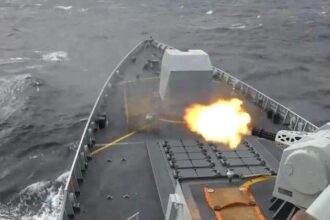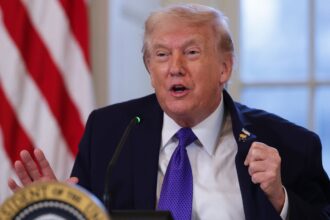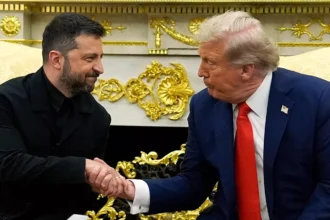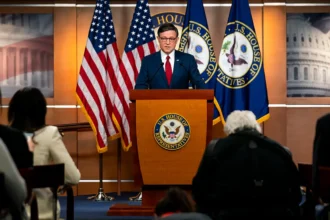Turkish President Recep Tayyip Erdoğan arrived at the White House for high-stakes talks with U.S. President Donald Trump, bringing with him a $50 billion wish list aimed at revitalizing bilateral ties and repositioning Turkey as a central player in U.S. geopolitical and economic strategy. The visit marks one of the most consequential encounters between Ankara and Washington in recent years, as the two NATO allies seek to navigate a complicated mix of economic opportunity, regional conflicts, and long-standing tensions.
A Resetting of Strained Relations
U.S.-Turkey relations have been strained over several issues: Turkey’s purchase of the Russian S-400 missile defense system, disputes over U.S. support for Kurdish forces in Syria, and diverging strategies in the Middle East. Despite these tensions, Erdoğan’s visit underscores Ankara’s determination to repair relations with Washington, especially under Trump, who has emphasized bilateral deals and transactional diplomacy.
Turkish officials close to the president suggest the trip is not merely symbolic but “a chance to reset” ties on firmer economic and security grounds. For Erdoğan, who faces mounting domestic economic challenges and pressures from Europe, re-establishing trust with Washington could yield significant strategic and financial dividends.
The $50 Billion Wish List
At the heart of Erdoğan’s visit is a $50 billion investment and trade agenda. Turkish officials are seeking U.S. backing across multiple fronts:
- Defense and Security Cooperation: Ankara is pushing for re-entry into the F-35 fighter jet program, which it was ejected from after acquiring the Russian S-400 system. Turkey also seeks expanded joint defense ventures and technology transfer agreements.
- Energy Partnerships: Turkey wants U.S. support for natural gas exploration in the Eastern Mediterranean and cooperation in nuclear energy projects.
- Infrastructure and Trade: Erdoğan is asking for increased U.S. investment in Turkey’s massive infrastructure projects, from railways and airports to technology parks, positioning Turkey as a Eurasian trade hub.
- Financial Relief: Turkish officials hope for easier access to U.S. capital markets, possible currency swap arrangements, and encouragement for U.S. companies to boost direct investment.
“The message is clear,” one Ankara-based advisor noted. “Turkey is open for business, and Washington can have a significant role if relations are reset.”
Trump’s Calculated Approach
For President Trump, the meeting offers a chance to reaffirm ties with a NATO ally at a time when Russia and China are seeking greater influence in the Middle East. White House aides indicate that Trump sees Turkey as a geopolitical bridgebetween Europe, Asia, and the Middle East—an essential partner in containing regional instability, particularly in Syria and the Black Sea region.
Yet the White House faces a balancing act. While Trump has signaled openness to improving ties, U.S. lawmakers remain skeptical, with members of Congress frequently criticizing Turkey’s human rights record and its tilt toward Moscow. Any deal emerging from the meeting will have to withstand domestic political scrutiny in Washington.
Regional Implications
Erdoğan’s outreach comes at a time when Turkey is recalibrating its foreign policy. With strained ties to the European Union and growing dependence on Russia, Ankara appears eager to diversify its alliances. Strengthening relations with the U.S. could allow Turkey to hedge its geopolitical bets and regain leverage in NATO.
The outcome of the talks could also influence regional dynamics:
- Syria: A U.S.-Turkey alignment could reshape strategies toward Kurdish groups and Iran-backed militias.
- Russia: A stronger Ankara-Washington relationship could complicate Moscow’s efforts to deepen its foothold in Turkey.
- Energy: U.S. support for Turkey’s regional energy ambitions could shift the balance in the Eastern Mediterranean.
Business Community Watching Closely
Turkish and American business leaders are closely monitoring the talks, as any breakthrough could unlock billions in bilateral trade and investment opportunities. U.S. multinationals are especially interested in Turkey’s strategic location, large consumer market, and potential role as a regional manufacturing hub.
However, investors remain cautious given Turkey’s history of economic volatility, currency crises, and political risk. Erdoğan’s ability to secure a visible U.S. commitment could be key to restoring foreign confidence.
Looking Ahead
Whether Erdoğan’s $50 billion wish list materializes remains uncertain. Much will depend on Trump’s willingness to override congressional skepticism and Ankara’s readiness to make concessions on contentious issues like defense procurement.
Still, the symbolism of Erdoğan walking into the White House with such an ambitious agenda cannot be overlooked. It reflects Turkey’s attempt to reposition itself as an indispensable U.S. ally at a time when global alliances are shifting and great power competition is intensifying.

